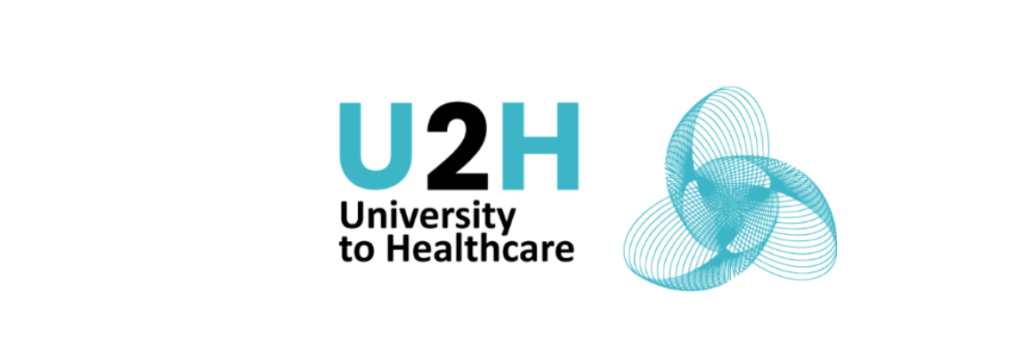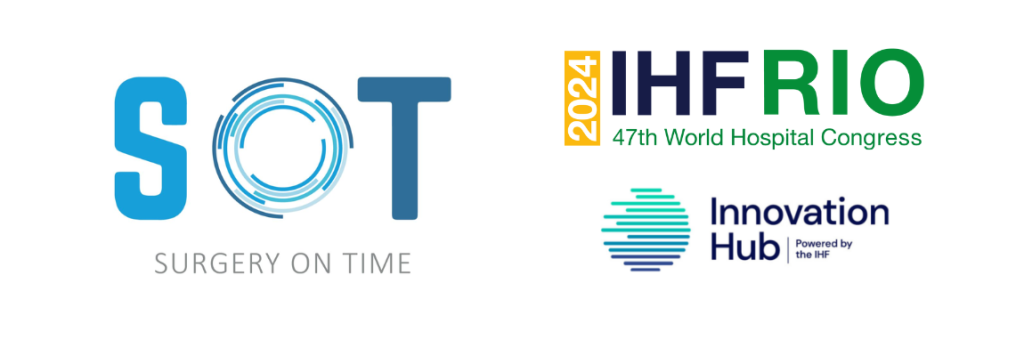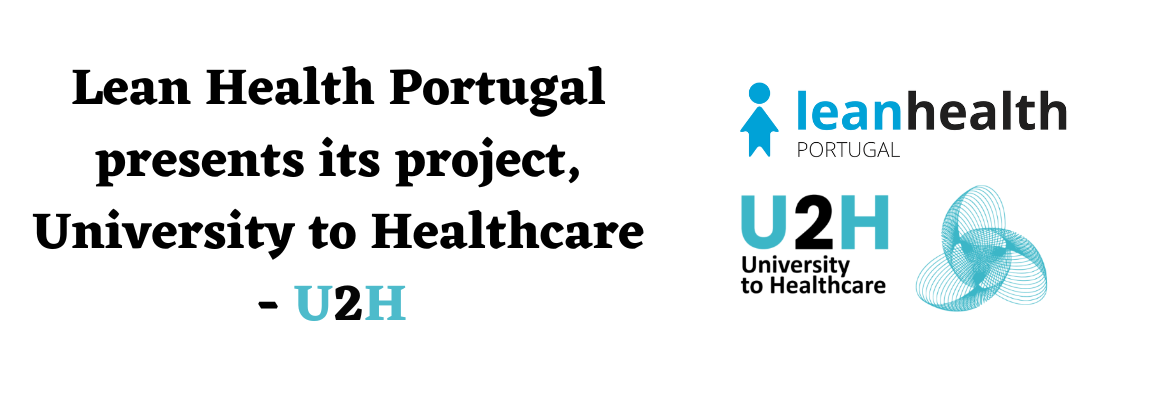In an era where collaboration is key to innovation, U2H – University to Healthcare by Lean Health Portugal, a pioneering startup within our ecosystem, is making strides in fostering tighter bonds between academia and industry.
Aiming to bridge this gap whilst solving pressing issues within public healthcare institutions, Lean Health has been promoting the development of several master thesis with students from different universities and majors, with already over 15 projects developed in the past 7 years. “The creation of U2H – University to Healthcare, realizes the vision that a strong connection between Academia and healthcare institutions will undoubtedly be a catalyst for addressing some of the challenges faced by healthcare organizations. It also ensures a robust flow of innovation and the attraction of talent to the healthcare sector” says Rui Cortes, founder of Lean Health Portugal.

At Ciências ULisboa they have been working closely with Biomedical Engineering and Biophysics Master students, developing innovative solutions for numerous hospital management-related issues.
Alice Paulo, the first Ciências student to develop her thesis at Lean Health, had such a positive experience that she chose to continue her journey with the company. In her words “As a student in my final year of my master’s program, I was looking for an experience in a business context that would allow me to begin understanding the real challenges that Biomedical Engineering can address. In this regard, I found LeanHealth Portugal, which provided me with a thesis topic and close supervision in a hospital setting. This was the beginning of a challenge that has continued to this day, and now, as an employee, I deal with the issues of healthcare organizations on a daily basis.”
These synergies not only benefit students by providing them with real-world experience and career opportunities but also bring significant advantages to the industry. Moreover, public healthcare institutions stand to gain from the fresh perspectives and cutting-edge research brought in by these academic collaborations.
Renata Ribeiro, currently developing her master thesis with Lean Health, states “This experience allows me to work with professionals from different areas of healthcare, whether in hospitals or health units, providing me with different perspectives on each organization. Through various interactions, I have acquired new concepts and a broader understanding of the sector.”
In fact, students are not indifferent to the new market demands and have been increasingly opting for developing their final works in entrepreneurial corporate settings. “I was not interested in doing my thesis in an academic environment because I had already had that experience, and although I enjoyed it, I wanted to explore a new reality. I am greatly enjoying this new experience. In my opinion, Lean Health is a unique company in Portugal, ideal for those who are interested in being creative and innovating in healthcare, with the goal of continuous improvement” – says Renata Ribeiro.
To consubstantiate Lean Health’s merit, its Surgery on Time – SoT – project was chosen by the jury of the International Federation of Hospitals Innovation Hub to be one of the showcases featured at the World Hospital Congress, taking place in September in Rio de Janeiro, which underlines the relevance of these initiatives.

The importance of academia-industry partnerships cannot be overstated. They serve as a catalyst for innovation, driving advancements that benefit both sectors. By leveraging the expertise and resources of academic institutions, industry partners can tackle complex challenges more effectively, leading to improved healthcare outcomes and enhanced operational efficiencies.
We’re extremely proud to have such an accomplished and dynamic startup in our ecosystem!






